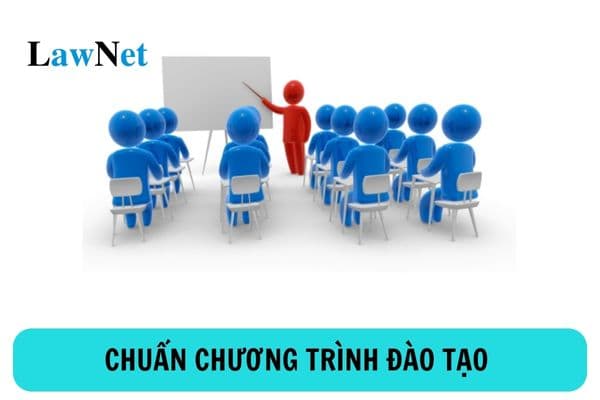Vietnam: What are the objectives for promulgation of training programs of higher education?
What are the objectives for promulgation of training programs of higher education in Vietnam?
According to the provisions of Article 3 of Circular 17/2021/TT-BGDDT, the objectives for promulgation of training programs of higher education in Vietnam are as follows:
- Training program standards shall provide the bases for the following activities:
+ Promulgation of regulations on offering of new academic disciplines, admission quota determination, admission organization, organization and management of joint training, and standards for training program assessment and accreditation by the Ministry of Education and Training;
+ Development, appraisal, promulgation, adoption, assessment and improvement of training programs; formulation of regulations on admission, training organization and management, recognition and transfer of credits for learners, and recognition of training programs of other training institutions; and accountability assurance by training institutions;
+ Inspection of training programs and training program quality assurance by competent authorities; supervision of training operations and results of training institutions by relevant parties and the whole society.
- Level-based program standards shall provide the bases for formulation, appraisal and promulgation of discipline-based program standards at each level.
Discipline-based program standards at each level may have higher or broader requirements compared to the general requirements in the corresponding level-based program standards.

What are the objectives for promulgation of training programs of higher education in Vietnam? (Image from the Internet)
the requirements for expected learning outcomes of a training program of higher education in Vietnam?
According to the provisions of Article 5 of Circular 17/2021/TT-BGDDT, the requirements for expected learning outcomes of a training program are:
- Be clear and practical; name academic results concerning general understanding and core capacity at the education level as well as specific requirements of the field of training or academic discipline that learners should achieve after they complete the program.
- Measure and evaluate according to cognitive learning levels, providing the basis for design, application and improvement of teaching content and methods; assess learners’ performance and award degrees to learners.
- Be consistent with objectives of the training program, show contributions in a clear manner and include requirements representative of employers and other relevant parties.
- Specify the education level and ensure expected learning outcomes concerning necessary knowledge, skills, independence, responsibilities and capacity according to regulations for the corresponding level in the Vietnamese Qualifications Framework.
- Ensure relevance to admission requirements of the higher education level (if any) and, concurrently, facilitate admission to other programs at the same level, especially programs in the same academic discipline group or field of training.
- Be elaborated in expected learning outcomes of units of study and components of the training program, and adopted in a systematic manner via connections between units of study and components.
- Be feasible and appropriate to the program load so that the majority of learners, who meet admission requirements, can complete the program in standard time.
What are the regulations on the academic load of a training program of higher education in Vietnam?
According to the provisions of Article 7 of Circular 17/2021/TT-BGDDT, the academic load of a training program of higher education is as follows:
- Academic load of a training program or each component or each unit of study of a training program shall be determined by number of credits.
+ A credit shall be equivalent to 50 hours of study by a learner, including time for class attendance, study with instructions, self-study, research, experiences, examinations and assessments;
+ For in-class teaching activities, a credit requires at least 15 hours of teaching or 30 hours of practical, experimentation and/or discussion, with one class hour equivalent to 50 minutes.
- Minimum academic load of a training program must comply with requirements of the Vietnamese Qualifications Framework. To be specific:
+ For undergraduate programs: 120 credits and physical education and national defense-security education load per existing regulations;
+ For level-7 specialized training programs: 150 credits and physical education and national defense-security education load per existing regulations; or 30 credits for persons holding a bachelor’s degree in the same academic discipline group;
+ For masters programs: 60 credits for persons holding a bachelor’s degree in the same academic discipline group;
+ For doctoral programs: 90 credits for persons holding a master’s degree, and 120 credits for persons holding a bachelor’s degree in the same academic discipline group.
- Minimum academic load of dual-degree programs shall have 30 credits and major/minor degree programs shall have 15 credits more than that of corresponding single-degree programs.

